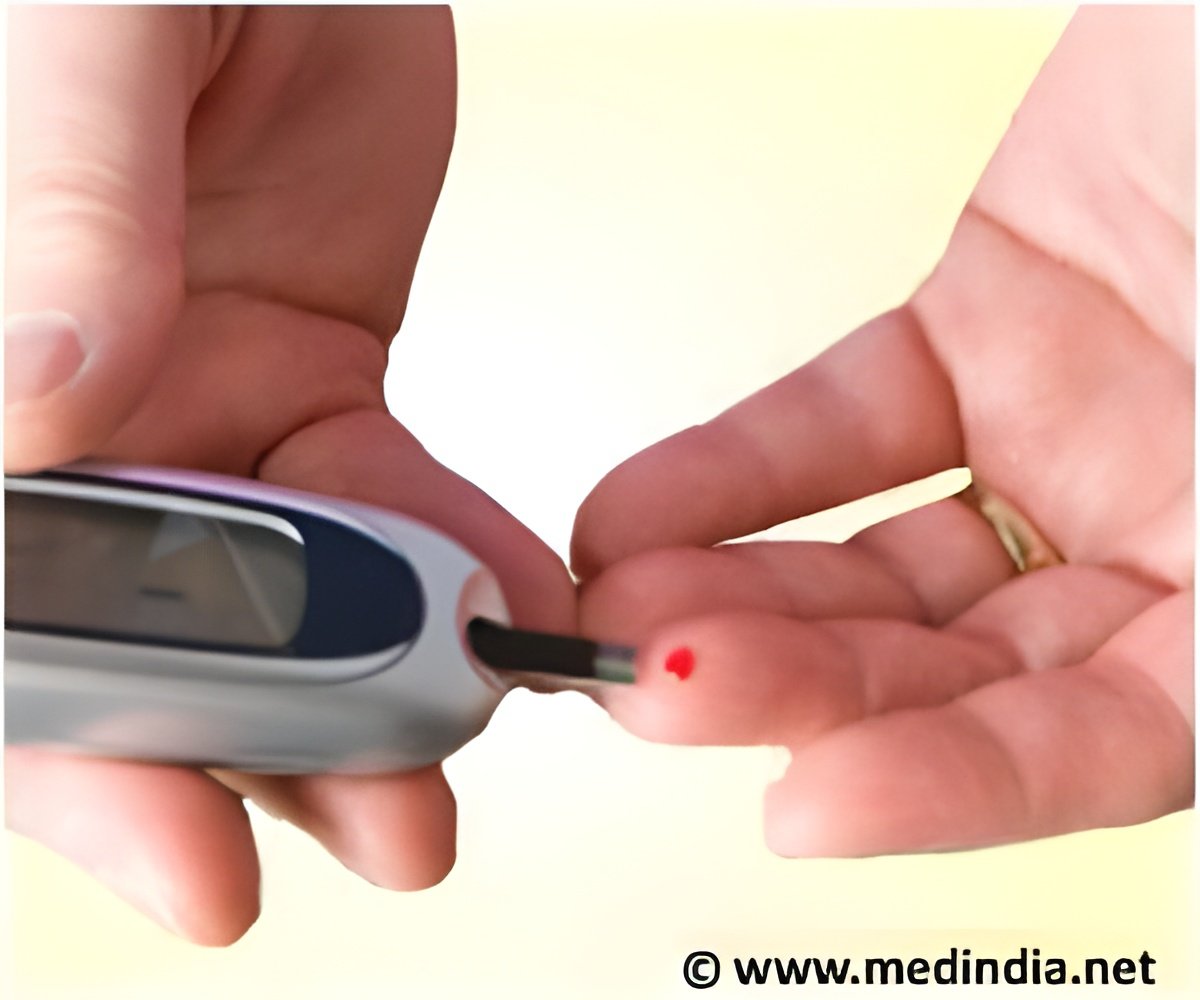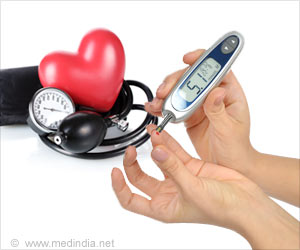
Algorithm Improves Blood Sugar Control in Hospitalized Patients
Go to source). To address this, researchers created a self-adjusting subcutaneous insulin algorithm (SQIA) for use at UCSF’s San Francisco hospitals. A new study shows that their SQIA reduces rates of severe hyperglycemia and hypoglycemia compared to conventional insulin dosing.
‘#Hyperglycemia weakens white blood cells, the body's primary defense against infections. Good news: a simple algorithm now helps control #highbloodsugar levels. #bloodsugar #insulin’
Tweet it Now
Rushakoff will report on the glucose control data from the first three years of the study at the American Diabetes Association's annual Scientific Sessions in Orlando. SQIA Integrated Calculator Revolutionizes Blood Sugar Management
The SQIA is an integrated calculator embedded in the medication administration record (MAR) of the electronic medical record. In the first three years of full implementation (Sept. 2020 to September 2023), the SQIA was used on thousands of hospitalized patients who were on feeding restrictions in one of three categories: nothing by mouth (NPO), continuous tube feeds (TF), or intravenous nutrition (TPN).When a physician ordered rapid-acting insulin to be administered to a patient in one of these nutritional categories, the physician was given the choice of using the SQIA or proceeding with conventional insulin (CI) dosing orders. With the SQIA, physicians entered only an initial starting insulin dose which was then automatically adjusted by the algorithm; those using CI, by contrast, were required to manually enter a new insulin dose whenever needed.
At insulin administration times, a nurse entered the patient’s current glucose level in the MAR, and the SQIA used the prior insulin doses, prior glucose levels, and the current glucose level to automatically calculate the new insulin dose. Based on constant monitoring and feedback from nurses, pharmacists, and physicians, adjustments were made to the algorithm and the calculator interface to improve titration of the appropriate insulin dose for the patient.
Using this process, the researchers showed, SQIA reduced the number of insulin orders that physicians wrote for a given patient by a factor of more than twelve compared to CI dosing.
Advertisement
The SQIA resulted in higher doses of insulin administered in NPO and TPN diets with reduced rates of severe hyperglycemia and without an increase in hypoglycemia, suggesting that physician-driven CI orders may be undertreating patients. In addition, rates of severe hyperglycemia with SQIA decreased progressively over the course of the study, suggesting that the SQIA’s continued development has provided increasing benefits for patients over time.
Advertisement
The SQIA has now become the primary method of ordering insulin for hospitalized patients across UCSF hospitals and is selected for approximately 80% of eligible hospitalized patients by physicians.
Reference:
- Algorithm Improves Blood Sugar Control in Hospitalized Patients - (https://www.ucsf.edu/news/2024/06/427946/algorithm-improves-blood-sugar-control-hospitalized-patients)
Source-Newswise















